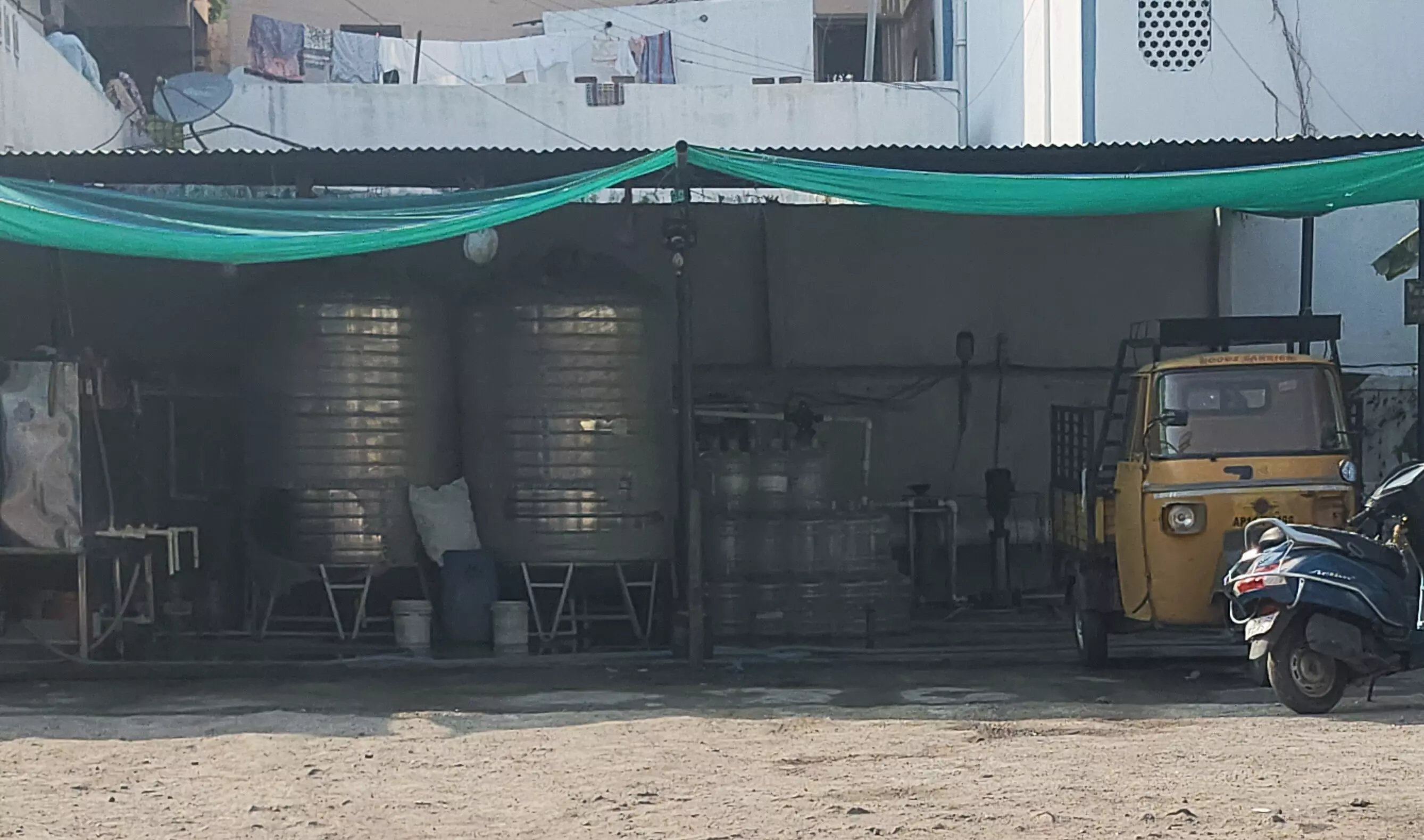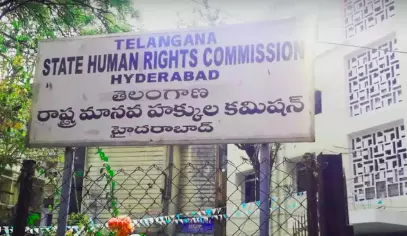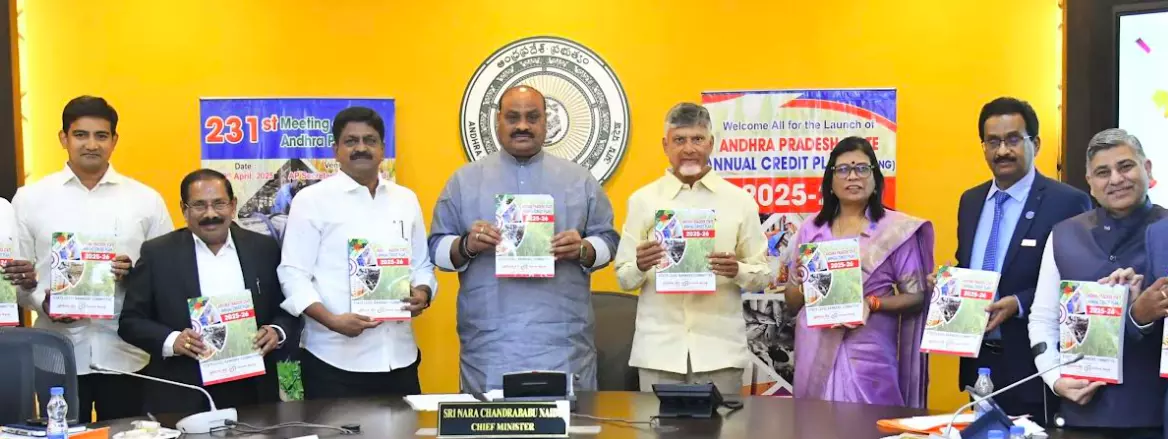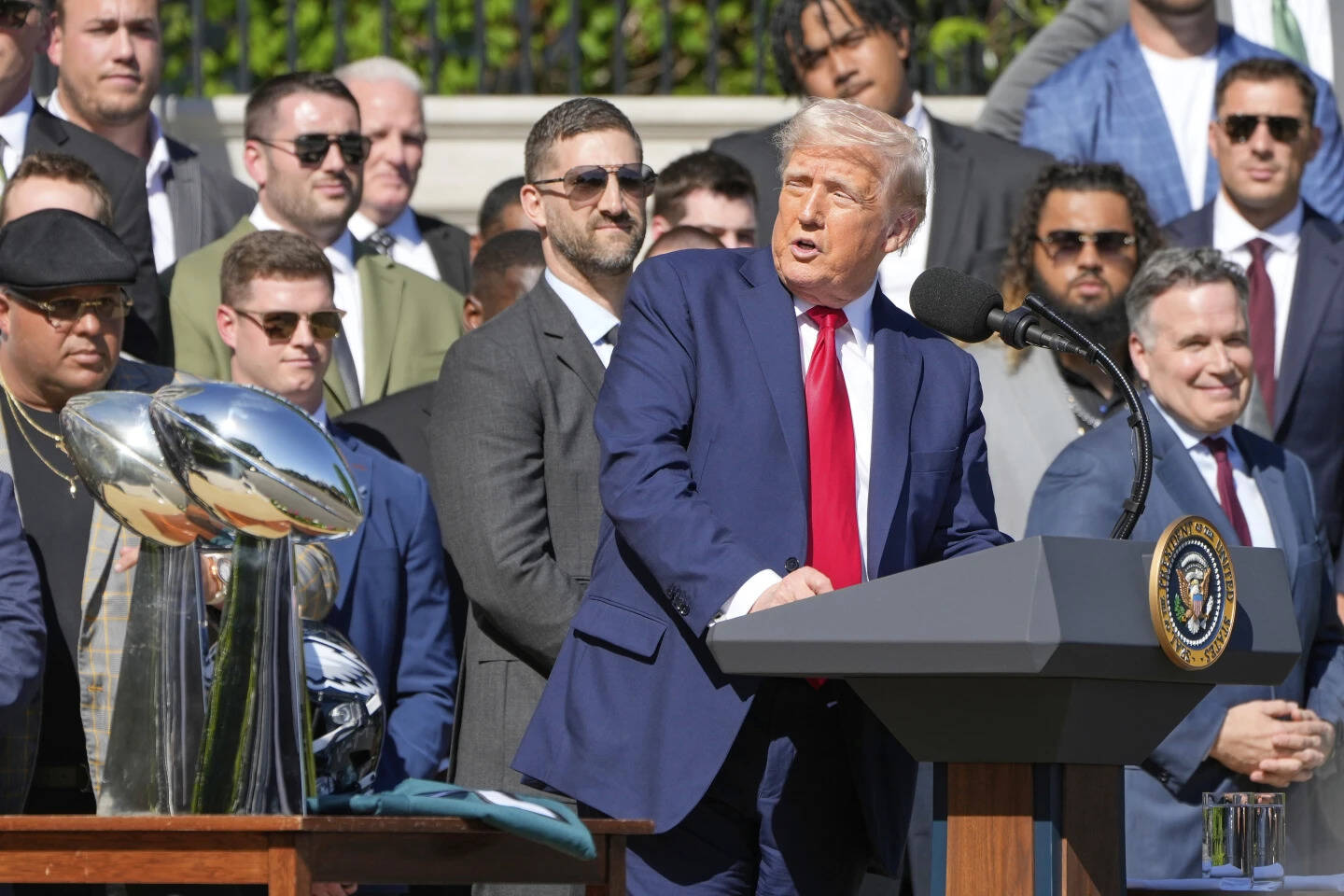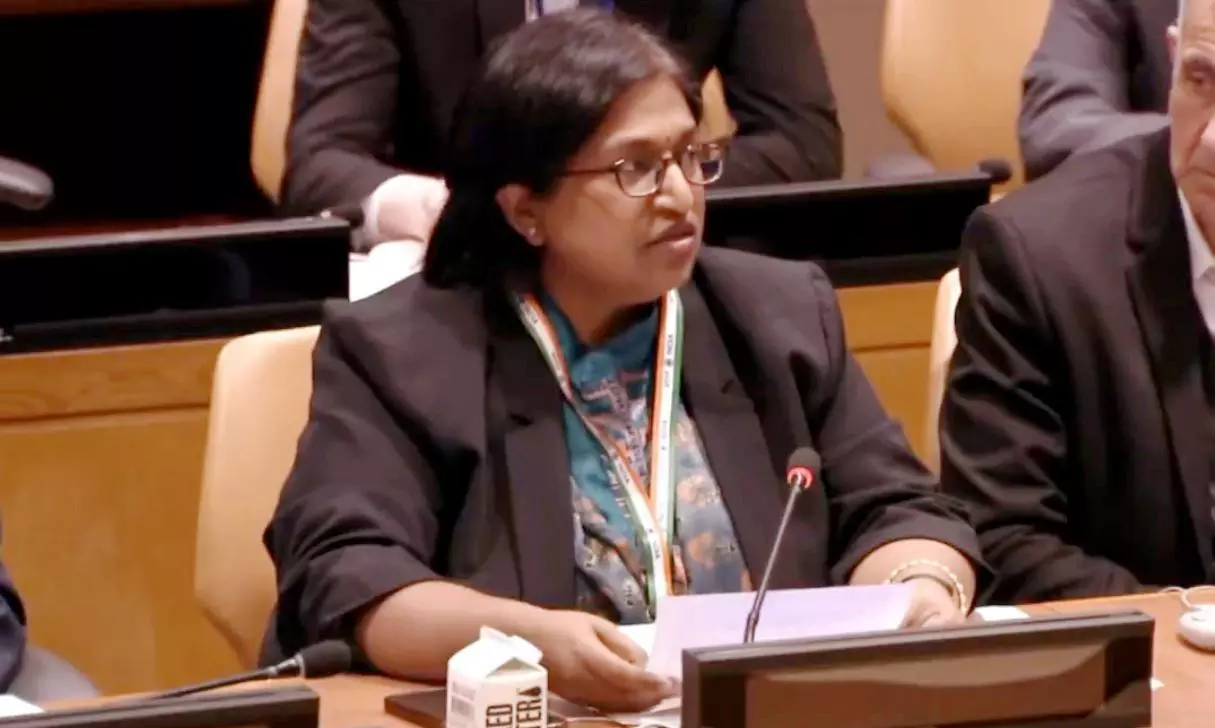
New Delhi/New York: At the United Nations, India on Tuesday (IST) said that Pakistan defence minister Khawaja Asif’s open confession admitting to his country’s history of supporting and funding terrorist organisations exposes Pakistan as a “rogue state” fuelling global terrorism and destabilising the region. Hailing the “strong, unequivocal” support and solidarity extended by global leaders in the wake of the terrorist attack in Pahalgam, India’s deputy permanent representative to the UN, Ambassador Yojna Patel, called it a testimony to the international community’s “zero tolerance” for terrorism”.
The Pahalgam terrorist attack represents the largest number of civilian casualties since the horrific 26/11 Mumbai attacks in 2008,” Mr Patel said, adding, “The whole world has heard the Pakistani defence minister admitting and confessing Pakistan’s history of supporting, training and funding terrorist organisations in a recent television interview.”
Last week, the 15-nation UN Security Council (UNSC) had issued a statement condemning “in the strongest terms” the terrorist attack in Jammu and Kashmir.
“The members of the Security Council underlined the need to hold perpetrators, organisers, financiers and sponsors of this reprehensible act of terrorism accountable and bring them to justice. They stressed that those responsible for these killings should be held accountable and urged all states, in accordance with their obligations under international law and relevant Security Council resolutions, to cooperate actively with all relevant authorities in this regard,” it said.
France is President of the Council for the month of April and the press statement was issued by the Council President, permanent representative of France to the UN, Ambassador Jerome Bonnafont. Pakistan is currently a non-permanent member of the UNSC. However, the fact that there was no reference to The Resistance Front (TRF), believed to be a Pakistan-backed front of the Pakistan-based terror group Lashkar-e-Tayyaba (LeT), in the UNSC statement raised eyebrows. This had been in stark contrast to the UNSC statement issued after the Pulwama terror attack in February 2019, which had named Pakistan-based terror group Jaish-e-Mohammmed (JeM).
Also, unlike the UNSC statement after the Pulwama attack that had urged all states to cooperate “actively with the government of India and all other relevant authorities” to bring the perpetrators to justice, the UNSC statement on the Pahalgam terror attack had skipped any reference to the need to cooperate with the “government of India” and had only used the term “relevant authorities”.
Media reports had alleged a Sino-Pakistani hand behind last week’s omission, as the UNSC press statement was a negotiated text and China is one of the five permanent UNSC members. Under immense global pressure that Pakistan has been facing, the TRF had reportedly later backtracked and denied any involvement in the Pahalgam terror attack, just days after admitting it had carried it out.
Meanwhile, expressing deep concern over the heightened tension between India and Pakistan, UN chief Antonio Guterres said he stands ready to support any initiatives, acceptable to both parties, for “de-escalation” and “resumption of dialogue”, his office stated.
“The UN Secretary-General “remains deeply concerned about the situation between India and Pakistan. He strongly urges both governments to exercise maximum restraint and avoid any escalation,” a statement by the office of his spokesperson said on Tuesday (IST).


